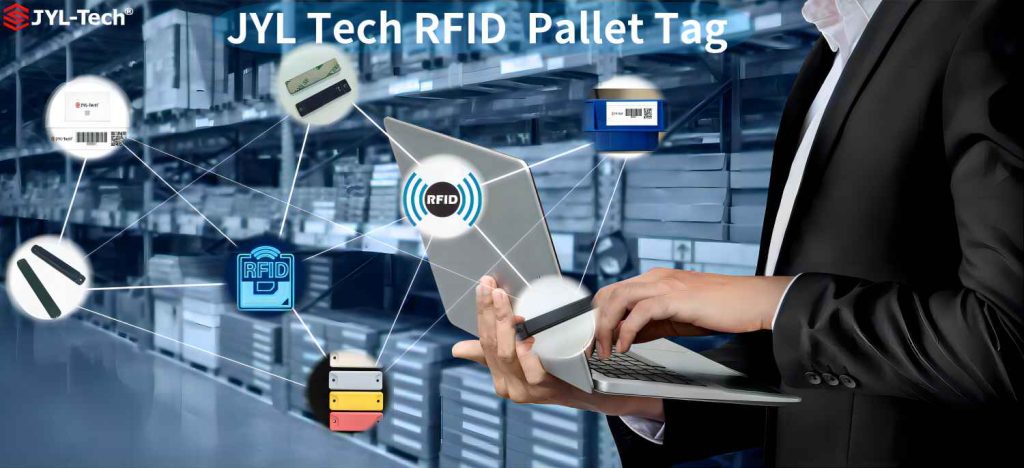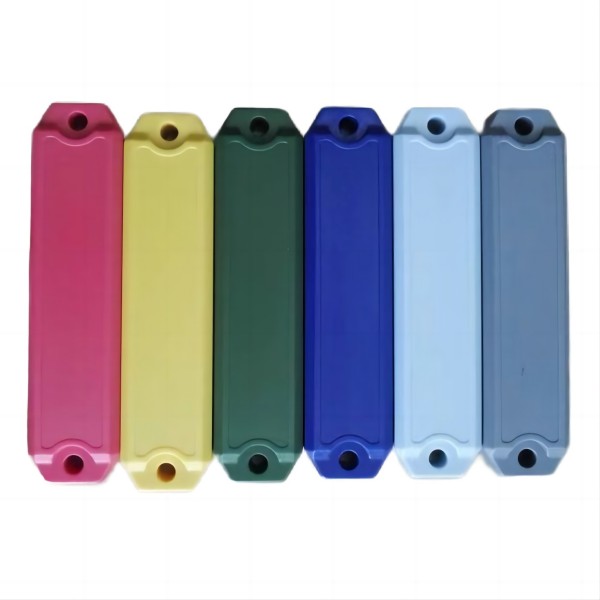The integration of RFID technology into pallet and turnover box management is heralding a new era of efficiency and cost-effectiveness for countless businesses. Companies often resort to leasing logistics containers, such as pallets, turnover boxes, and foldable large containers, to mitigate the expenses associated with maintaining their container fleets. However, the proliferation of product materials and the expansion of logistics and distribution have led to an upsurge in the use of these containers, accompanied by a troubling increase in container losses. This, in turn, has driven up management costs and posed a significant challenge for pallet providers.
The strategic deployment of RFID technology offers an elegant solution for tracing and tracking pallets, as well as GTL (Global Transport Labels), SLC (Standardized Logistics Containers), and KLT (KLT Euro Containers). RFID streamlines operations by reducing the need for manual labor, enhancing workflow efficiency, improving supply chain transparency, lowering costs, and boosting data accuracy. Moreover, RFID empowers leasing companies to efficiently oversee large inventories of reusable KLTs and pallets, effectively mitigating losses incurred due to mismanagement.
RFID’s impact on the management of turnovers, warehouses, and logistics distribution is transformative. By enabling automatic, real-time data capture, RFID technology accelerates operations, reduces labor costs, and enhances efficiency. Unlike traditional barcode tags, RFID pallet tags offer read and write capabilities, enabling information to be updated and modified as needed. Each reusable turnover box or pallet receives a unique RFID identifier, allowing for transparent tracking throughout the supply chain.
JYL-Tech, with its wealth of experience in incorporating RFID into industrial production automation across diverse sectors such as pallet leasing, industrial production control, automotive, food, and medical industries, is well-equipped to provide tailored RFID solutions for reusable plastic packaging like GTLs, SLCs, and KLTs.
Key Features of Pallet RFID Tags for GTLs, SLCs, and KLTs Include:
- Robust construction for various industrial applications, boasting a lifespan of 1 to 5 years.
- Resistant to water, chemicals, and extreme temperatures.
- Tailored RFID tag designs optimized for on-site performance.
- Robust data integrity, synchronizing visual data with the RFID chip.
- Versatile RFID tag solutions designed for diverse environments.
- Compliance with VDA recommendations 4994 and 5501.
- RFID Selection Criteria
In the realm of logistics turnover box and pallet management, passive RFID tags emerge as the preferred choice. These RFID tags lack batteries, which keeps costs relatively low. Although their read distance and storage capacity are constrained by energy availability, for turnover box management within a 2 meters working range, and with limited storage requirements, passive RFID tags are the ideal selection.
Two primary RFID frequencies are commonly employed in logistics turnover box and pallet management: high frequency (HF) and ultra-high frequency (UHF). HF RFID tags offer a relatively short reading distance, usually no more than 1.5 meters, but excel in their ability to read tags through objects. UHF, a cornerstone of RAIN RFID technology (passive UHF RFID adhering to GS1 EPC Class 1 Gen 2 or ISO 18000-63 standards), boasts an extended reading distance of 3 to 9 meters but may struggle with penetration.
For managing RFID tags on logistics turnover boxes and pallets, considering the typical 2-meter distance of warehouse doorways and the lack of a need to penetrate these containers or pallets, UHF tags with a 3 to 9-meter reading range are the logical choice.
JYL-Tech team manufacturer and supply various RFID Tags used for pallets management, plastic crates . Contact us now for your unique demand !
Related Products
Contact Form
We can help you?
Share this page


